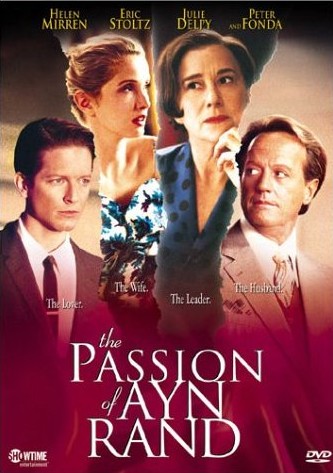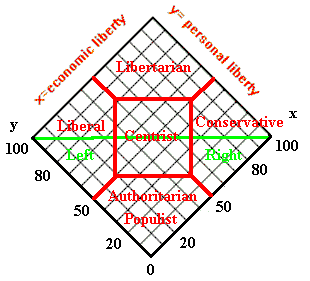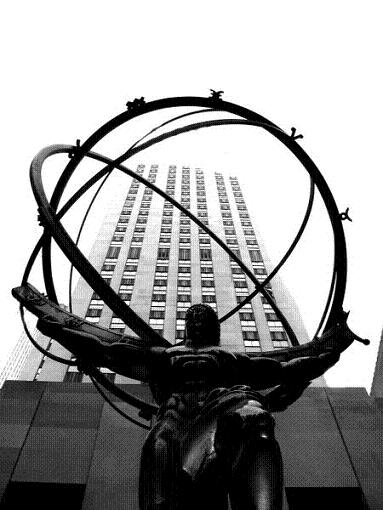Strangely enough, I first discovered the existence of this film while browsing through a video rental store in the Solomon Islands. There was no way in hell that any of my colleagues would be the least interested in it so I didn’t manage to watch it then but I do wonder sometimes at whoever thought to bring it into that country. Since my wife recently procured a Chinese version of Atlas Shrugged from Taiwan and read it, I thought it would be a good idea to finally get around and watch this film.
First of all, there’s nothing that’s really new to me in this film as I’ve long known how much of a mess Ayn Rand’s life was. Michael Shermer’s article The Unlikeliest Cult in History is a pretty good summary. The main thing about this account that particularly stood out for me is how sympathetically it portrays Barbara Branden’s role in the events. This is hardly surprising as the film was based on the book by Barbara Branden but it’s notable how manipulative and cynical both Nathaniel Branden and Ayn Rand are shown to be while Frank O’ Connor is a doddering hanger on who’s too stupid to understand anything. Barbara Branden by contrast is shown as an intelligent woman who simply makes the mistake of allowing herself to be dragged along by the odd ideas of her husband and Rand.
Another thing is how astonishingly different Helen Mirren looks in this film compared to say, her performance that is probably best known today as the title character in The Queen. Everything about her including her demeanor, her accent and the way her hair curls at one side, combine perfectly to make her a believable Ayn Rand. In fact, all of the actors do a great job and names like Peter Fonda and Julie Delpy are hardly run of the mill television fare. It’s a made for tv movie but its production values are high enough that it could almost pass as film made for theatrical release.
Still, the subject matter is so esoteric that I can’t really imagine it being the least interesting to anyone who doesn’t already know about Ayn Rand and her work. The film makes no attempt to explain Rand’s philosophy so I would imagine that the motivations and rationale of the different characters must have been mystifying to those unfamiliar with it. Where it does succeed is in communicating that Ayn Rand was indeed a woman and a fiercely passionate one at that. It also shows how difficult it was for her to finish writing Atlas Shrugged and implies that her relationship with Nathaniel Branden was instrumental towards that end.
Overall, this film probably isn’t worth watching unless, like me, you’re one of those whose lives have been greatly impacted by reading her work. Even so, I think I would have preferred to watch a film of her early life, detailing her flight from the Soviet Union to her early success with The Fountainhead. The Passion of Ayn Rand begins with her as a writer who is already established and successful and focuses exclusively on the unconventional relationship between the four main characters. As an author whose work continues to sell hundreds of thousands of copies a year even today, I think her life deserves a more complete and complex film than this one.


